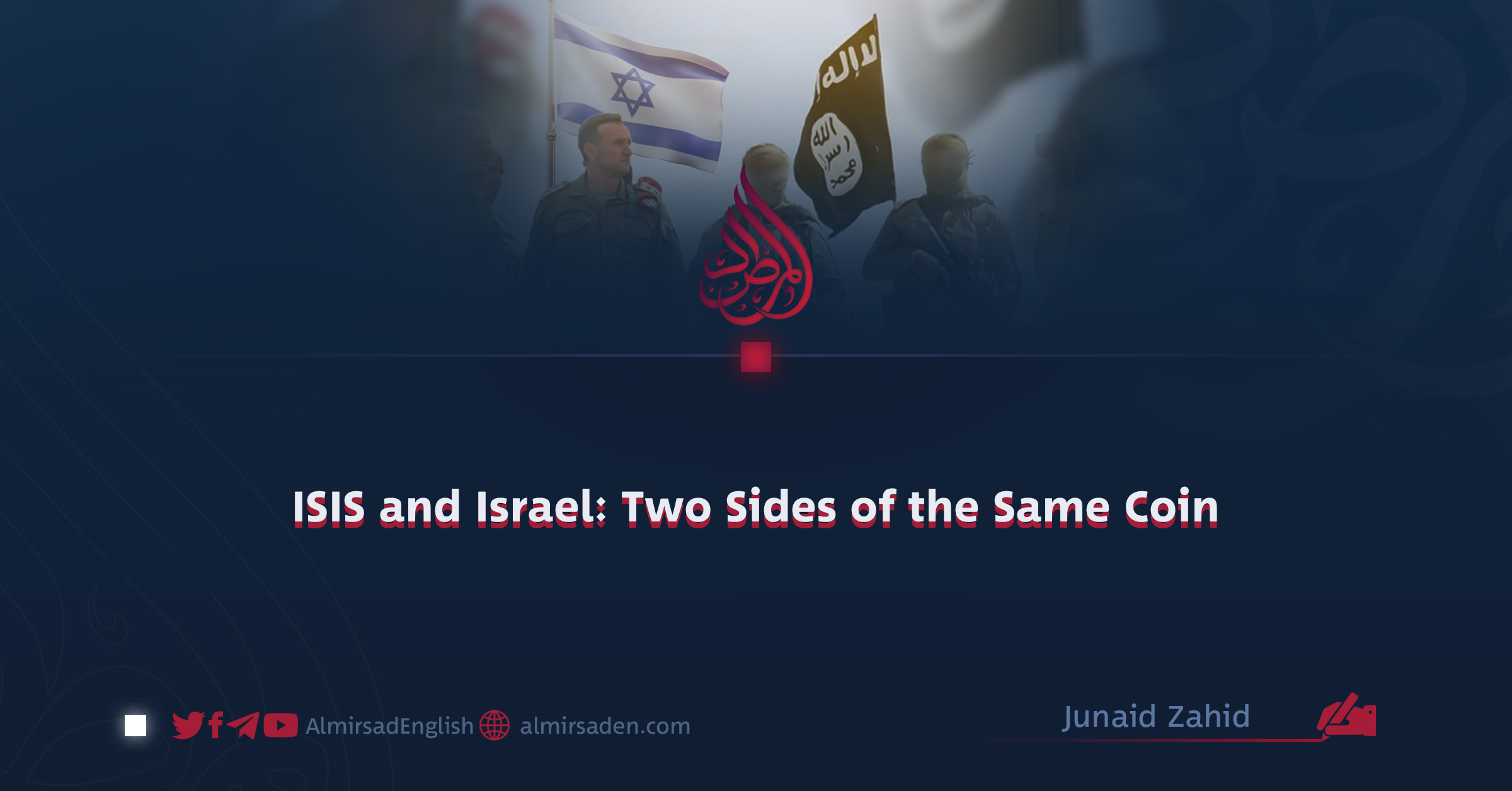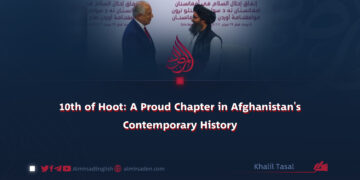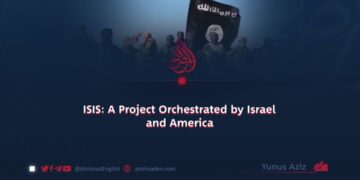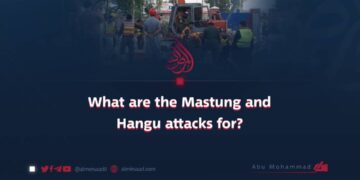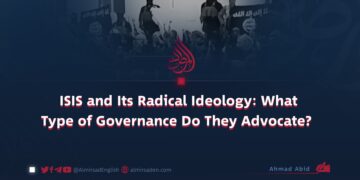Written by: Junaid Zahid
When analyzed with impartiality and critical thought, the actions of ISIS and the brutal policies of Israel reveal striking parallels. These two entities, though outwardly distinct, operate as two sides of the same coin. Violence, terror, and the ruthless elimination of opponents—regardless of legal or ethical considerations—are deeply embedded in the ideologies and operational practices of both.
ISIS, in reality, is not a legitimate Islamic movement but a byproduct of Zionist strategy. The group serves as a proxy, fulfilling the strategic objectives of Israel—an entity whose long-standing mission has been to dismantle Islamic values and jihadist resistance across the region.
This Zionist project is not confined within Israel’s borders; it is a metastatic force, described by many as a cancer in the heart of the Middle East, having extended its reach into numerous nations through covert networks and ideological manipulation.
In many countries, it emerges under alternate names and symbols, while in others, it assumes the face of ISIS to further its insidious objectives. The ideological alignment and mutual benefit shared by ISIS and Israel are no longer matters of speculation—they are evident in their strategic conduct and ultimate goals, the most prominent of which is the pursuit of unchallenged Jewish hegemony on a global scale.
A careful examination of ISIS’s ideological roots and historical trajectory exposes its role as an instrument of foreign agendas, particularly those aligned with Israeli interests. The group’s hostility toward countries opposed to Israel, its selective targeting, and its pattern of violence all point to a purpose that extends far beyond religious dogma—it is a geopolitical tool, shaped and sustained with the support of global imperialist powers.
Central to this strategy is Israel’s intelligence agency, Mossad, which has been implicated in orchestrating the plans and programs of groups like ISIS across the Middle East. Mossad’s influence is so deeply entrenched in ISIS’s structure and tactics that the group appears incapable of independent action. The overlap in objectives between the two is extensive, ranging from the destabilization of Muslim-majority nations to the suppression of legitimate jihadist resistance movements.
Israel’s long-standing military confrontations with Palestinian jihadist groups yielded limited success, leading to a strategic shift. Recognizing that direct military engagement could not extinguish the resolve of the mujahideen, Israel adopted a new approach: fostering pseudo-Islamic militant entities. By establishing such groups under the guise of jihad, it sought to sow confusion among Muslims, undermine authentic resistance, and erode trust in legitimate jihadist leadership.
ISIS is the most prominent embodiment of this strategy. By associating Islam with terror and indiscriminate violence, it aimed to discredit the concept of jihad globally and lend credence to Israel’s claims about Islamic militancy. The resulting international outrage led many to question or abandon support for genuine Islamic movements—an outcome that served Israeli interests directly.
However, divine justice remains a constant. Falsehood, no matter how forcefully propagated, cannot maintain its dominance indefinitely. As the true nature of ISIS—as a tool of foreign intelligence and a deviation from Islamic teachings—became increasingly clear, global awareness grew. The group’s theological distortions and operational coordination with Zionist intelligence objectives exposed its illegitimacy.
The ideological and operational convergence between ISIS and Israel is now undeniable. In an era where major powers seek to consolidate global dominance and construct new empires, groups like ISIS serve as critical instruments. For Israel, with its unrelenting ambition to control the Middle East, maintaining and manipulating such entities is essential to clearing obstacles and advancing its long-term objectives.
Yet, despite these manipulations, the path of true jihad—rooted in sincerity, justice, and resistance against oppression—will never be abandoned. The struggle of the Muslim Ummah endures, and the schemes of aggressors, no matter how sophisticated, will never extinguish the spirit of divine resistance.































